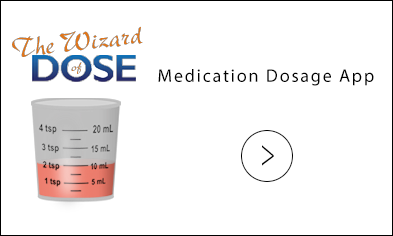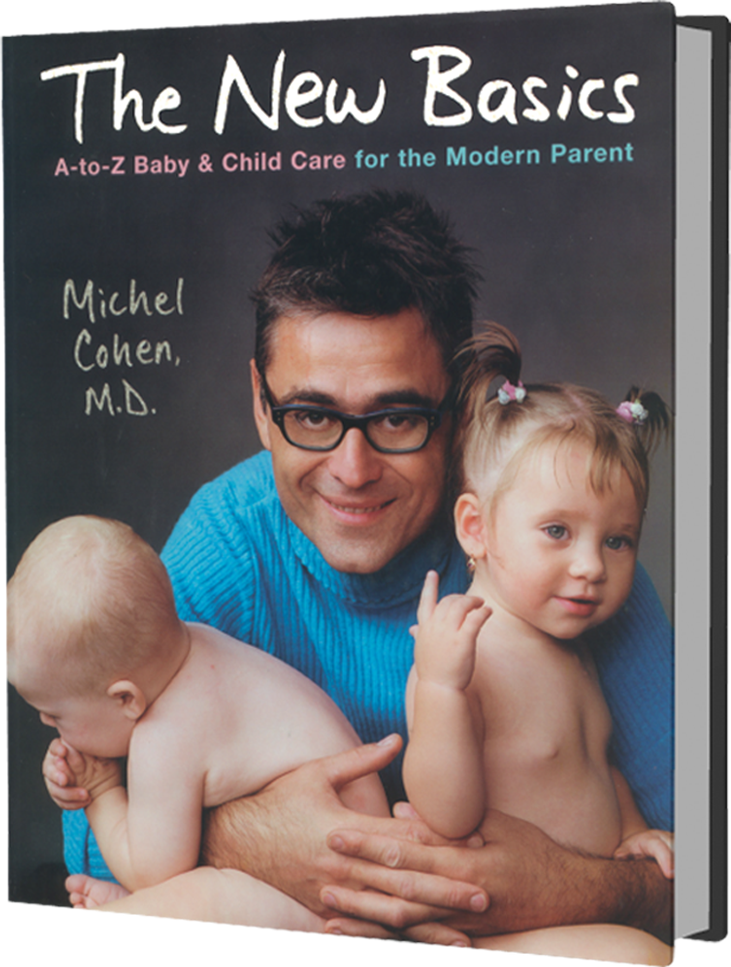
Wheat
We are raised to believe that “bread is the staff of life.” Most Western cultures base their diets on wheat in one or more forms: bread, pasta, couscous, tortillas, etc. Yet wheat is under attack. Alternative-health books, magazines, and sometimes even baby books devote long articles to wheat, preaching caution and raising alarms about possible adverse reactions. Following this trend, some parents may be tempted to design wheat-free diets even if they haven’t noticed a problem. Wheat-free diets are hard to maintain, since the grain is found in pasta, bread, and cereals, of course, but also in many foods that contain thickeners and extenders: soup, sauces, and so on.
This fear of wheat is unjustified. Allergies and intolerance to wheat are far rarer than you’ve probably been led to believe. Wheat allergy (in the sense of a real allergic reaction) is exceptional. Only a few cases have been recorded in medical literature. And if your kid turns out to be one of those rare specimens who is allergic to wheat, the only way you’ll find out for sure is by including it in the diet and waiting for a reaction [See: Food Reactions].
Wheat intolerance, or celiac disease, is a bit more common. Though not an allergy, it is usually confused with one. Rather, it describes the inability to digest gluten, the source of protein in wheat (and potentially other grains like barley, rye, and even oats). The degrees of severity vary when it comes to wheat intolerance, and the condition’s onset is unpredictable: A child might handle wheat perfectly well for months before showing signs of intolerance. Typical symptoms include a bloated belly after eating (more than the regular toddler potbelly), irritability (more intense than your average temper tantrum), and persistent diarrhea. In severe cases, height or weight gain may slow down. If you suspect Jimmy has celiac disease, the diagnosis can be clarified through lab tests. The treatment is strict avoidance of wheat—more easily said than done. It’s extremely hard to avoid the “staff of life,” and you should only impose that abstinence on your child if he tests positive for celiac disease.
Two small notes about wheat-free diets: First, I’ve seen many breast-feeding mothers eliminate wheat from their diet because they were made to believe that any wheat they ingest is passed along to their babies through breast milk. This is false. Wheat deprivation may make you feel simultaneously saintly and irritable, but it has no effect on the baby. In addition, there’s a common conception that wheat exacerbates eczema, so parents will sometimes place children with eczema on wheat-free diets. I have not seen any positive effect in this indication either.




 MEDICATION DOSAGE
MEDICATION DOSAGE

